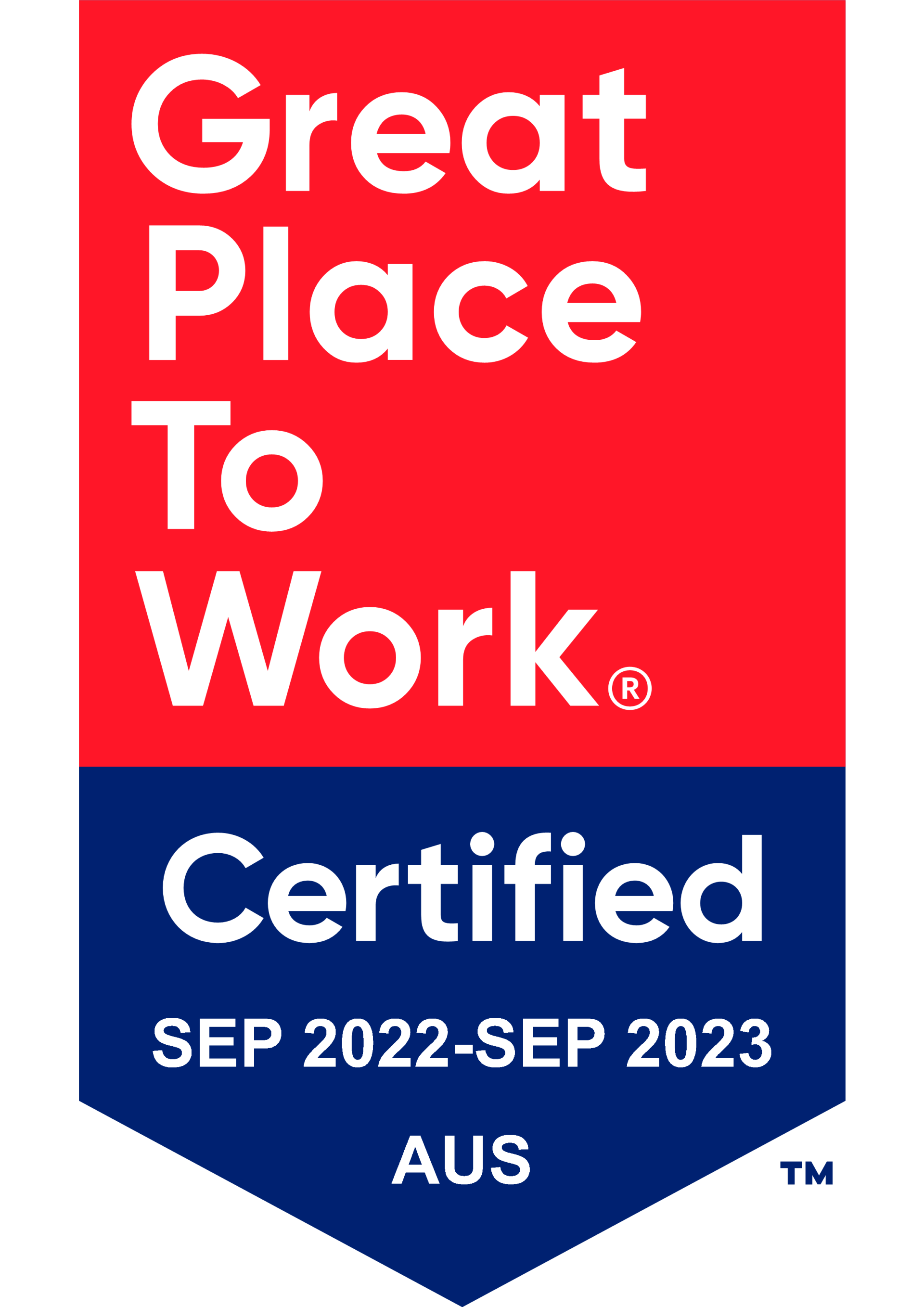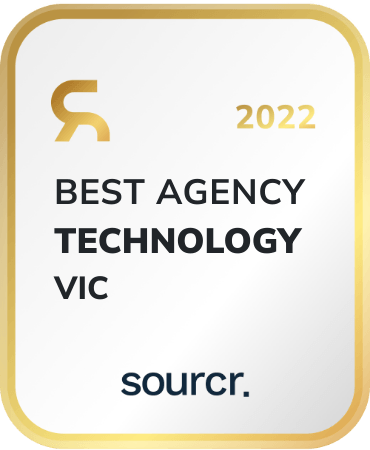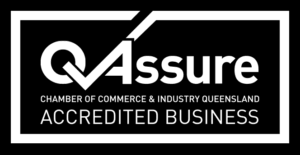Women In Leadership | An Interview with Michaela Aguilar
With an undeniable drive and passion for technology, we caught up with Michaela on her career and journey to Head of Solutions at Havas Media.
Career
Michaela is originally from Austria and has been in technology longer than the internet has been around, so it’s safe to say she has really seen it all. With undeniable drive and tenacity, Michaela is now Head of Solutions at Havas, but it definitely hasn’t been an easy journey for her. With a real passion for digital, Michaela spent years consulting for a number of clients. This was to ensure that, as a single mother, she had flexibility but could also provide her sons with stability. With an incredible portfolio, Michaela supported Catchi setting up their Australian brand which then sold to Havas, which has been a great environment for her.
The consulting period of Michaela’s career was extremely challenging for her and she feels she is still playing catch up, but in no way has this deterred her. Michaela is extremely passionate about creating a platform that helps women in similar situations and ensures that single mothers can still be successful.
Issues
As a single mother, you have to leave to pick up your children at 5 pm. This makes it difficult for social activities after work, whilst also being under a lot more scrutiny because you have to deliver a high level of work within a shorter space of time. For Michaela, this was a great life lesson because it meant she could never be slack, she learnt to be very efficient, precise, quality orientated and extremely focused.
Michaela’s belief is that a lot of the issues start with language, and it’s a very powerful tool if used correctly. Her problem is with how women are addressed; they should not be addressed as ‘girls’ or ‘chicks’. We wouldn’t call men ‘boys’ and so we should not allow people to patronise women by calling them ‘girls’, they are young women.
Michaela believes that these changes need to start in the home and in schools at a young age. Boys need to be educated on how to treat girls and then in turn women when they grow up. Girls and young women need to be given options about careers and instil that ambition at a young age.
Role Models
Most of Michaela’s role models throughout her career have been men. She took note of how they spoke, interacted and carried themselves and learnt from them without sacrificing her feminine attributes.
Leadership
An extremely passionate leader, Michaela really cares about her team but leaves emotion out of her management style. She will always react to something with facts and figures and leaves emotion out of it and this allows her to be an extremely fair leader.
Qualities as a leader:
- Honesty
- Team knows it is ok to make mistakes and she greatly supports learning
- Passionate about what she does
- Consistent and stable
Teams
Michaela hasn’t found it particularly difficult to build diverse teams because she would never want to hire a woman because of her gender; it needs to be the right person for the role.
Advice
Michaela has coached younger women on how to have a presence, how to speak, how to interact in meetings and how to speak out to encourage their development.
Michaela’s advice to women starting out their career in Tech & Digital:
- Don’t put up with disrespectful treatment, deal with it there and then
- Don’t let someone refer to you as a girl, you are a woman.
- Take risks – don’t be afraid of failing, you learn from failing.
A strong female leader with an incredible journey. It was amazing hearing Michaela’s thoughts on the power of language and the effects this has on women. She has most definitely used her experiences to implement positive change, it was an absolute pleasure speaking with her.



